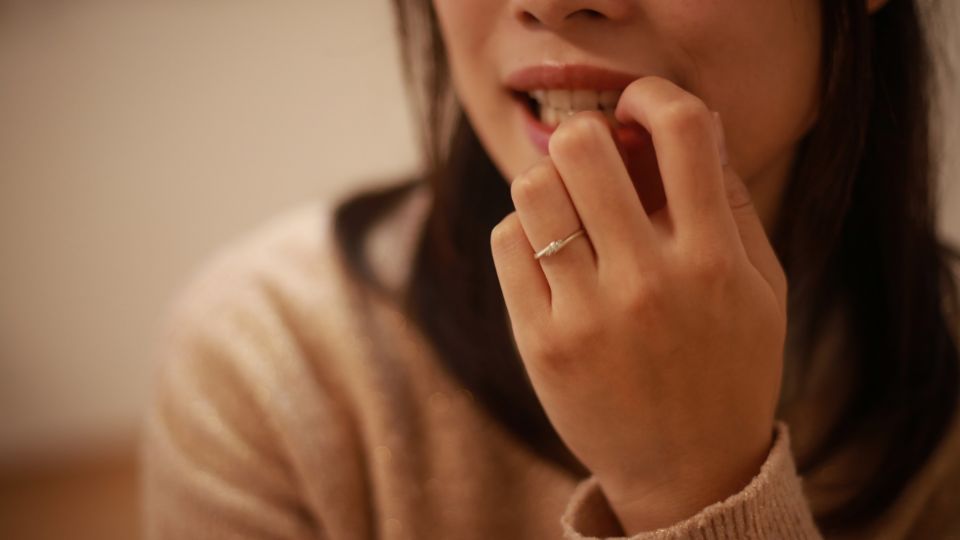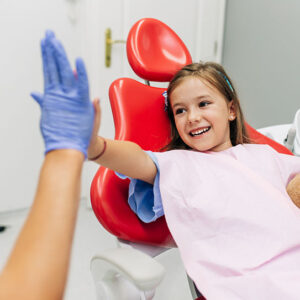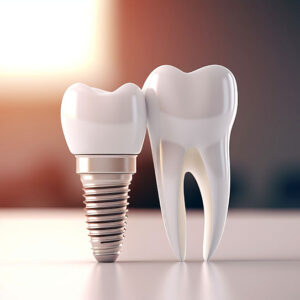Nail biting is an extremely common habit, and it’s not a good one!
There are several concerns to consider regarding nail biting.
Yes, this bad little habit can impact your teeth and oral health.
While it’s certainly not easy to stop doing, it’s a habit you should try to break for the sake of your teeth and dental health.
Keep reading to learn how nail-biting affects your teeth.
Risk of Infection
Gnawing on your fingernails gives bacteria and viruses an easy entrance to your body. Not only does this increase your chances of falling ill, but it also increases the chances of mouth infections.
Dental Alignment
Blessed with nice straight teeth as a nail-biter? Teeth can shift over time if you continue the habit. Biting your nails can create gaps. It applies excess pressure to the teeth, and this can force them to become crooked. Yikes!
Tooth Wear
Daily life takes enough of a toll on our teeth! Why add to the issue with nail-biting? Chewing nails causes friction that can damage your enamel and tooth structure. This can cause injuries or tooth root damage.
Chips
Yes, you can get a chipped tooth from biting your nails. Biting your nails places repetitive force on one area of your tooth. If you keep biting your nails, a chipped tooth is a real possibility. Damage to teeth from biting nails is definitely possible and can be expensive to fix.
Jaw Pain
While it’s not as common, jaw issues are also possible. In the same way excessive gum chewing can cause jaw pain, extreme nail-biting may also cause or increase jaw problems like TMJ.
Bruxism
Biting nails is also correlated with bruxism (grinding teeth during sleep). Bruxism has a whole host of negative effects, including dental sensitivity and enamel wear.
End Nail Biting!
Putting a stop to nail biting is not easy, but it’s important. The last thing you want to do is end up with “nail biter teeth” and preventable dental issues. Don’t wait until you get a chipped tooth from biting nails, focus on breaking the habit now.
Make sure to let your dentist at Family Dentist Bells Corners know about your habit so we can offer tips for quitting. We’ll assess your smile and work together to protect your teeth. Schedule your dental visit today!








